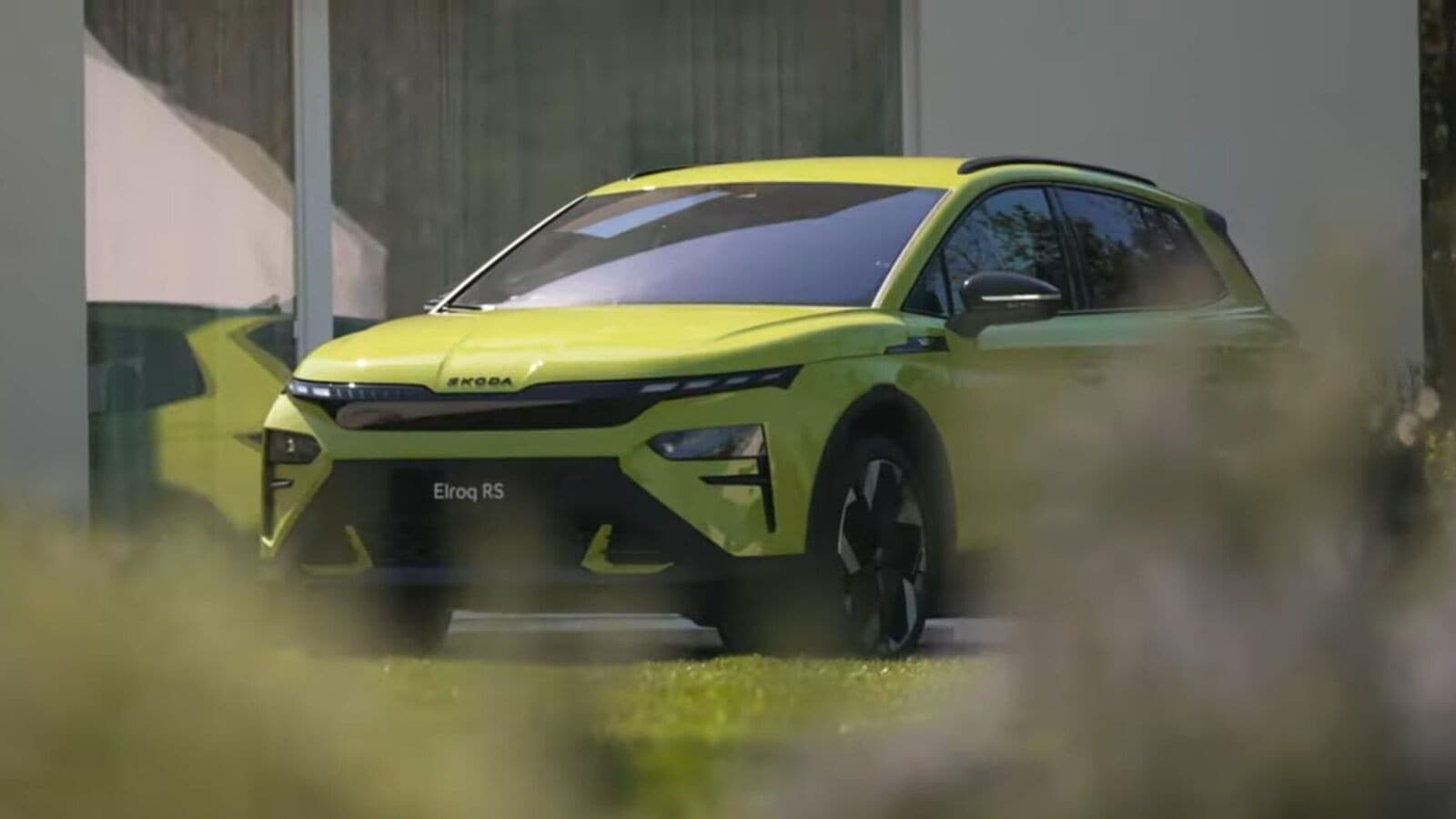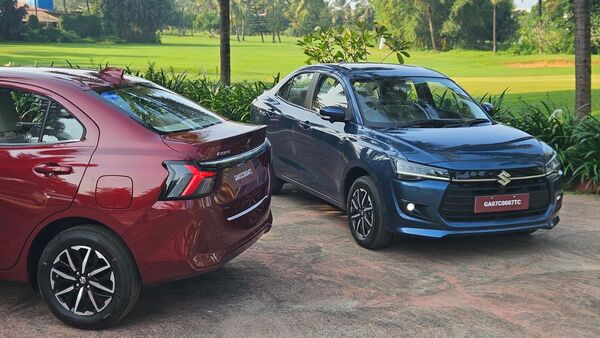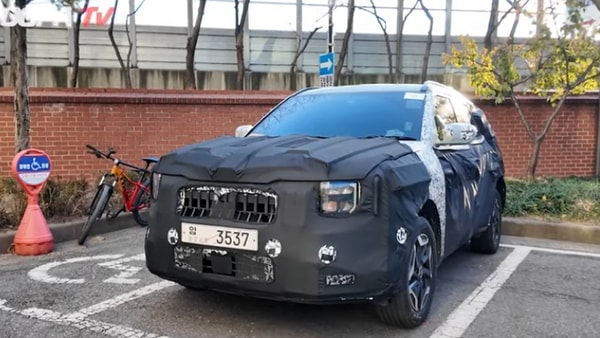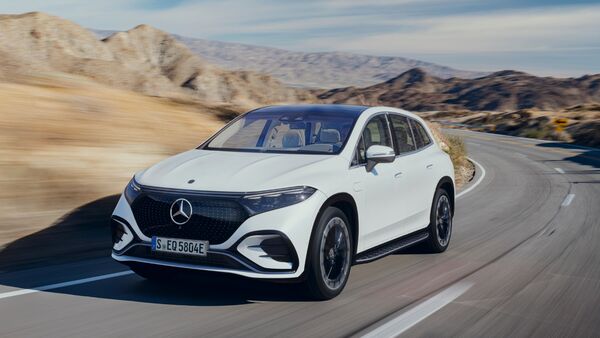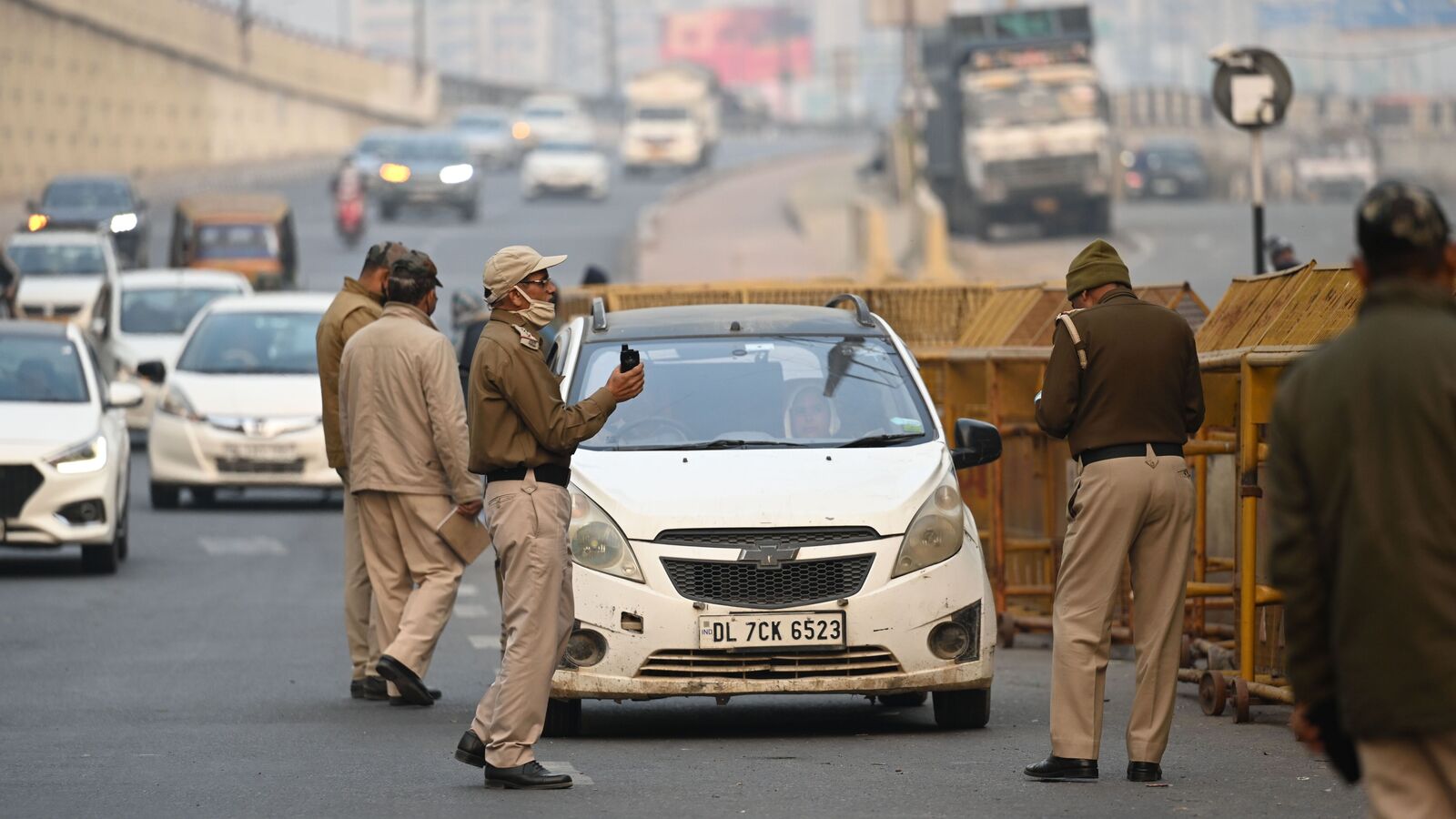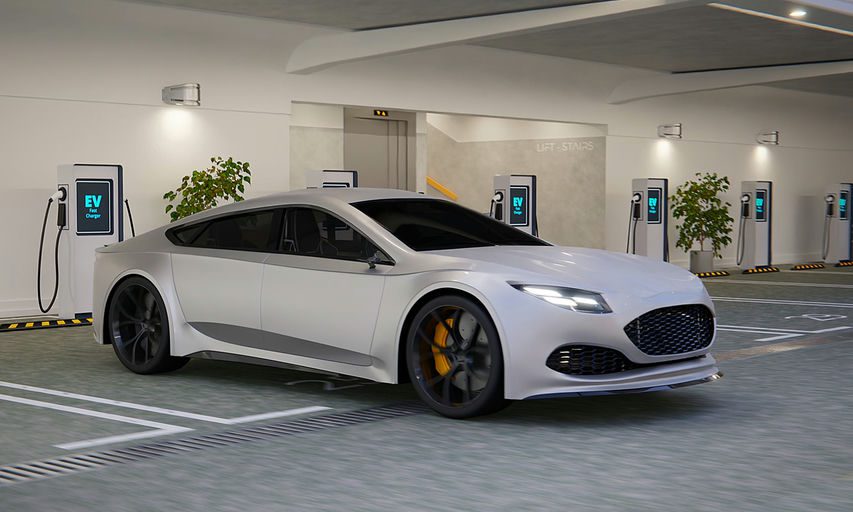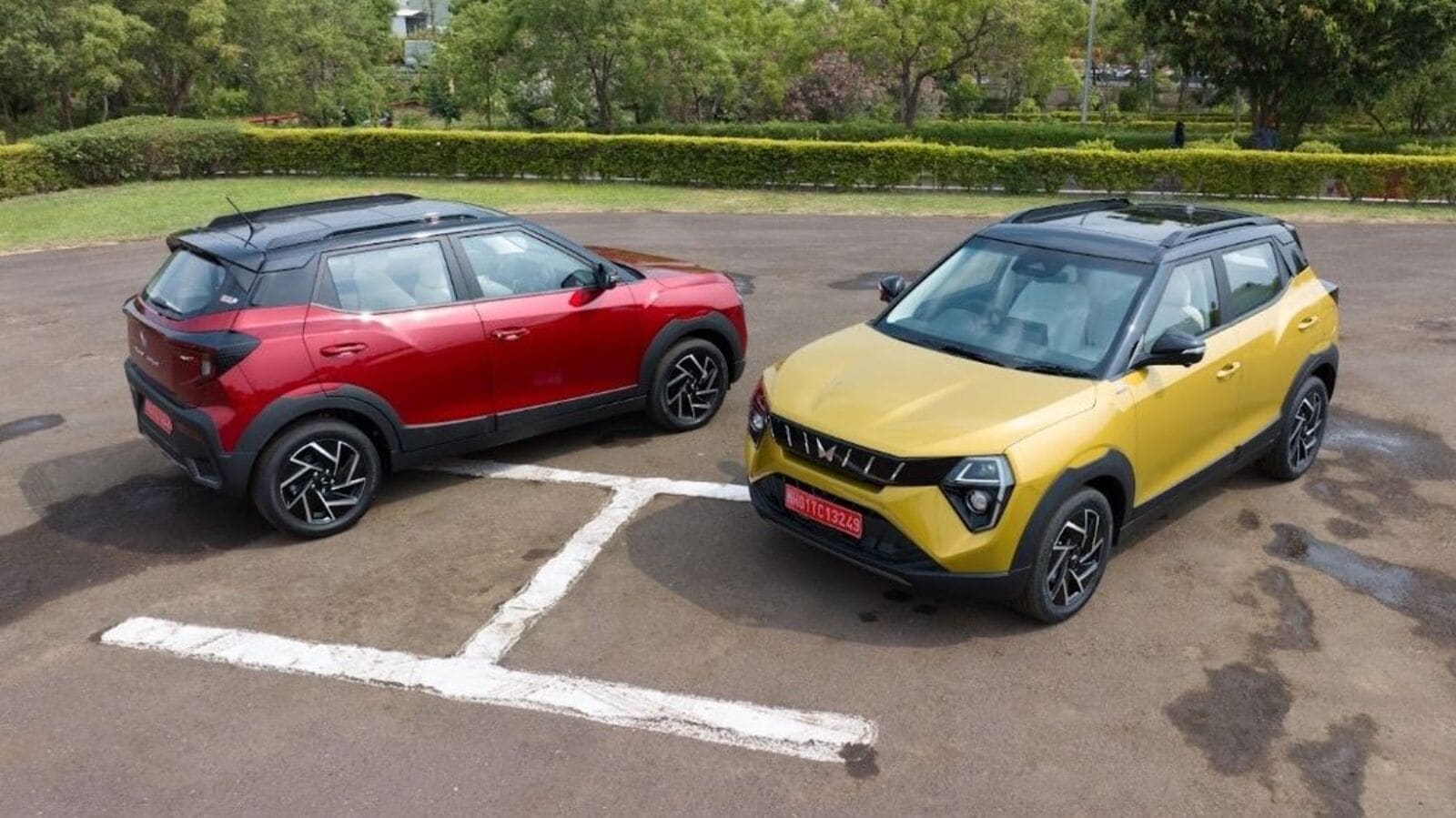All we need to know about the charging stations in India
Electric vehicles (EVs) and module half and half vehicles are somewhat new available and the way that they use power to move implies another foundation has been established.

Electric vehicles (EVs) and module half and half vehicles are somewhat new available and the way that they use power to move implies another foundation has been established, one which not many know about. This is the reason we have made this valuable manual to clarify and explain the diverse charging arrangements used to charge an electric car battery.
It is believed that by 2030, the government has ensured to guarantee that 30% of vehicles on Indian streets, would be electric.
Charging infrastructure
Various types of EVSE give various rates of charging.
Level 1: - It has got 120 volt, alternating-current plug and a devoted circuit.
Level 2: - They charge through a 240V, AC plug and require home charging or public charging gear to be installed.
Level 3: - They are often called DC quick chargers with 480V, direct-current plug. They sidestep the onboard charger and give DC electricity to the battery by means of a special charging port. DC Fast Chargers give up to 40 miles of reach at 10min regular intervals of charging but are not adaptable by all EVs.
Current status of Number of Charging stations available in India
- At this point, there are 427 already installed charging stations for electric car batteries in India. Out of which 77 are situated on long national highways while 350 of them are located across seven states and two union territories of Delhi and
In Delhi alone, there are 94, and Chandigarh has 48 of them.
- Beating all the states, Telangana has the largest no. of stations with the number 50, Rajasthan has 49, and Karnataka with
-Delhi-Jaipur-Agra stretch of the national highway has 29, 24 on Delhi-Chandigarh stretch, with 156 on Mumbai-Pune, and Jaipur-Delhi stretch with 9.
What's more, the govt has endorsed 2,877 charging stations in 68 urban areas across 25 states, which are to be introduced in the upcoming days.
How much the charging station will cost you?
The expense of charging an electric vehicle battery in Mumbai would work out to Rs 15 for each unit, according to BMC. According to their estimations, an electric car battery would take approx. between 20 and 30 units to be completely charged and it would cost a person Rs 200 to Rs 400.
Electric Car Public Charging Stations
Public charging permits EV owners to charge their electric vehicle batteries out on the roads. And gives the freedom to travel longer distances than permitted by their EV's autonomy. These public chargers are regularly situated close to shopping plazas, big restaurants, parking spaces, and such open public spaces.
Conclusion
As the market starts demanding to open more public charging stations, there is a requirement for gear that upholds quicker charging at higher voltages and current.
Automakers, governments, and charging foundation suppliers have manufactured agreements to create these networks.

 admin
admin 
